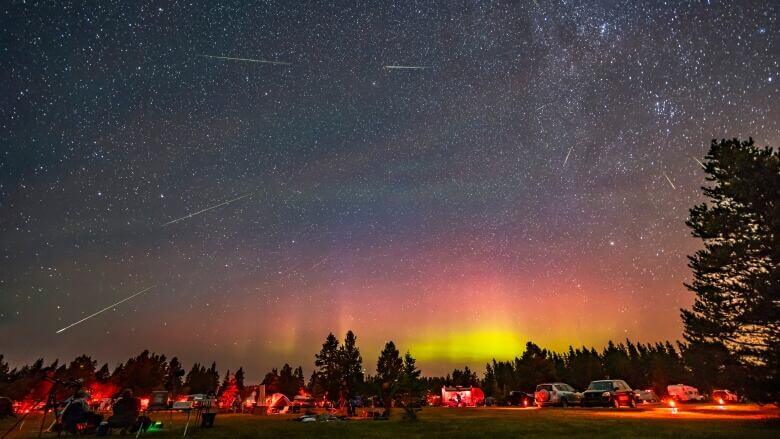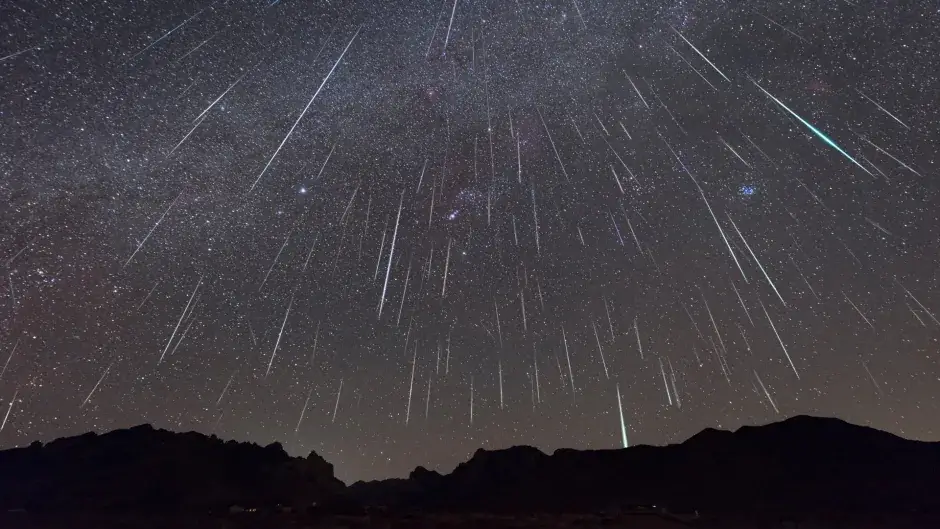Focus on the skies this month as a spectacular meteor shower peaks, providing a stunning display that will be viewable throughout Canada.
You won’t want to miss the Geminids meteor shower, regarded as one of the best yearly meteor showers when it reaches its peak in December.
According to NASA, the Geminid meteor shower is active from the end of November to late December 2022, peaking on December 14 this year.

The Farmers’ Almanac states that many astronomers believe the Geminid meteor shower to be the best of the year, even better than the well-known Perseid meteor shower in August.
Viewers might be able to see roughly 120 meteors every hour due to the Geminid meteor shower.
For comparison, other meteor showers, such as the Leonids shower, can have meteor rates as low as 15 or so per hour. The Orionid meteor shower can produce only 20 meteors an hour at its peak.
The Geminid meteor shower, which produces 120 meteors per hour, will undoubtedly flood the sky with brilliant light streaks, making for a spectacular you won’t miss.
The Geminids are described as bright, swift, and yellow meteors. They differ from other meteors in that they are composed of pieces of the asteroid 3200 Phaethon rather than comets.
The best way to view the Geminid meteor shower 2022

According to NASA, the evening and early morning are the optimum times to see the Geminids.
The space agency advises laying flat on your back with your feet pointed south for the greatest viewing experience.
Allowing your eyes to acclimate to the darkness, look up and take in as much of the sky as possible. You’ll start to see the meteors after roughly 30 minutes.
This year, the show will begin at about 9 or 10 p.m., so you won’t have to stay up too late to view them, according to NASA. You’ll have plenty of time to see some shooting stars because it will last till daybreak.
The Ursids meteor shower, scheduled to peak at the end of the month, will be one of several celestial occurrences that will take place this winter, according to The Weather Network.
The Quadrantids meteor shower, dubbed the best of winter, will likewise reach its peak in January.
